Recently the online dating world has been set ablaze by the controversy around the new Tea app, that allows users to share information and photos, and ‘rate’ men they’ve dated.
The launch, however, has come with a slew of security issues, including leaking user data – and now, the TeaOnHer rival app for ‘men’ has arrived, with similar problems.
Elsewhere age verification has been toughened up in the UK for a slew of dating apps, there’s a new dating service that matches people based on their entire browser histories (what could go wrong?), and Grindr has been under fire for its selective censorship.
It’s been another full month, so enjoy our latest dating app news roundup.
Tea rival app spills user data…
A dating ‘safety’ app designed to be a male version of the date-vetting Tea app has launched. And, just like Tea, it’s been found to have leaked user data.
TeaOnHer lets users share photos of and claims about women they have supposedly dated, in the same way that Tea lets you share information about men. Aka rating and ‘reviewing’ people.
“Whether you’re planning a coffee date or something more serious, TeaOnHer gives you the confidence to make informed safety decisions,” the app promises.

The app has been accused of being a platform allowing the judgement and bullying of women, and now TechCrunch has exposed TeaOnHer leaking user information.
The outlet found security flaws that potentially allowed anyone to access TeaOnHer user data, including usernames and associated email addresses, driver’s license information and uploaded selfies.
TechCrunch also found that email address and password information belonging to Newville Media Corporation, the app’s creator, were exposed, potentially allowing hackers access to administrator login information.
The developer did not respond to requests for information from TechCrunch.
…And Tea sued over data breach
As if its makers didn’t have enough concerns derived from the copycat app, Tea is now being sued over its own data breaches.
Recently thousands of Tea user verification images were publicly revealed, and direct messages were compromised. The direct messages were technically anonymous, although some included personal details. There was no evidence that the compromised direct messages were disseminated.
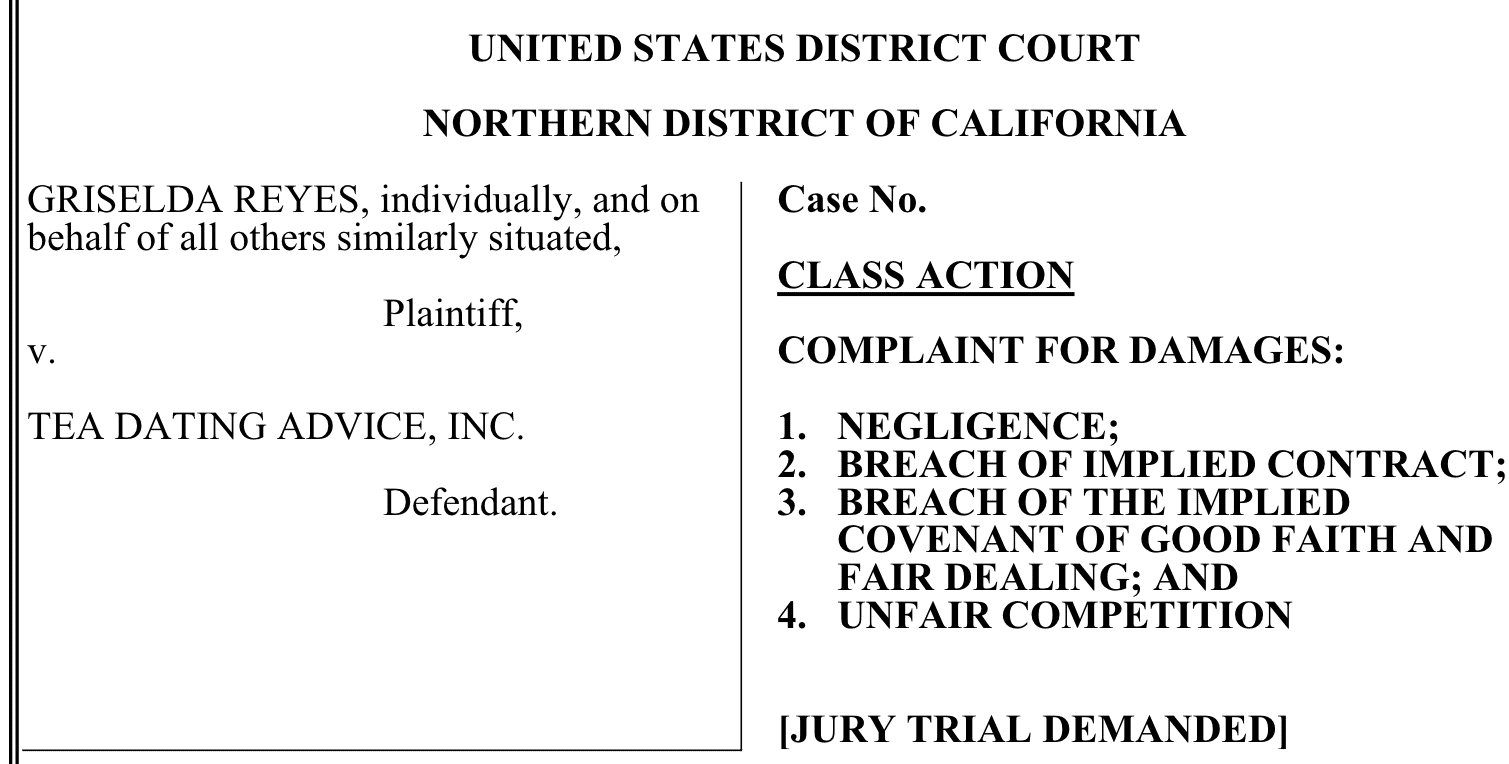
A former Tea user named Griselda Reyes is suing Tea in California on behalf of herself and “all others similarly situated”. Reyes is seeking damages for alleged acts including negligence, breach of implied contract and unfair competition.
Reyes said that Tea failed to “properly secure and safeguard” personally identifiable information. She claimed she suffered “lost time, annoyance, interference and inconvenience” due to the data breach, and that she had “anxiety and increased concerns for the loss of privacy”.
Browsing history matchmaking is here
A new dating site that matches people based on their internet browsing history has launched, promising “meaningful connections between people based on their browsing habits”.
Browser Dating was created by Belgian artist and app maker Dries Depoorter. It’s free to use for up to five matches, and has a paid-for tier with unlimited matches, billed as a one-time ‘pay what you like’ payment – as long as it’s at least nine euros ($10.50).
To use Browser Dating you install its Chrome or Firefox extension, which then exports your browsing history to a file, which you then upload to the Browser Dating site. You can’t selectively submit your browsing history, the extension scrapes the whole lot.
The site’s algorithm then matches you to other users who share your browsing patterns, and can connect you in an online chat.
“Instead of choosing the best pictures or best things about yourself, this will show a side of you that you’d never pick,” Depoorter said. The statement sounds more like a warning than promotion, but you have to admire the honesty.
Browser Dating’s supposed high level of security is touted by its creator, and its user information is stored on Google’s data storage platform Firebase. Chrome browser extensions have been hacked before, so it seems like a dating whirl with calculated risk.
Grindr’s ‘no zionists’ reverse-ferret
Grindr recently blocked users from posting the phrases “no zionist” and “no zionists” on their profiles in the app, before reversing the block to allow the phrasing once more.
The world’s biggest gay dating app came under fire for the move and for not blocking phrases such as “no Jews” and “no Blacks”. The app told Out that the block was initially made “following user escalations around its potentially inflammatory nature”.
Grindr said it “recently decided to reverse this one [moderation policy] upon review”, but not before the brief block was picked up by media outlets, being first reported on by 404 Media.
Grindr’s terms of service ban content that a “reasonable person could deem to be objectionable”, including racially or ethnically offensive language.
The age (verification) of selfie scans
New UK age verification laws covering adult content kicked in on July 25, 2025, and it wasn’t just porn sites adding more stringent verification processes.
Some of the biggest dating apps shored up age verification too, as the UK’s communications regulator looks to get tough on sites and platforms that don’t comply with measures to keep minors away from adult content.
Feeld, arguably the spiciest of the mainstream dating apps, is now using the Yoti age verification platform for UK users, which uses video selfie verification.
UK Tinder users are now subject to age estimation verification, which involves uploading a selfie. If the selfie age estimation process doesn’t work, users can verify their age using an ID check.
Hinge also now requires UK users to go through face photo-based age checks, by having a clear selfie scanned in the app.
Bumble hasn’t rolled out huge age verification changes, telling Mashable that it already had measures to prevent minors from accessing the app and was “committed to complying” with the Online Safety Act in which the new laws reside.
Dating app turns iPhone into vibrator
The RAW dating app has launched a function that allows you to control your iPhone’s vibrations, essentially turning it into an ‘over clothes’ vibe.
The app’s creators certainly aren’t the first people to consider the device’s potential as a makeshift ‘body massager’, but they may be the first to integrate this function in a dating app.
Read our news story about it here.


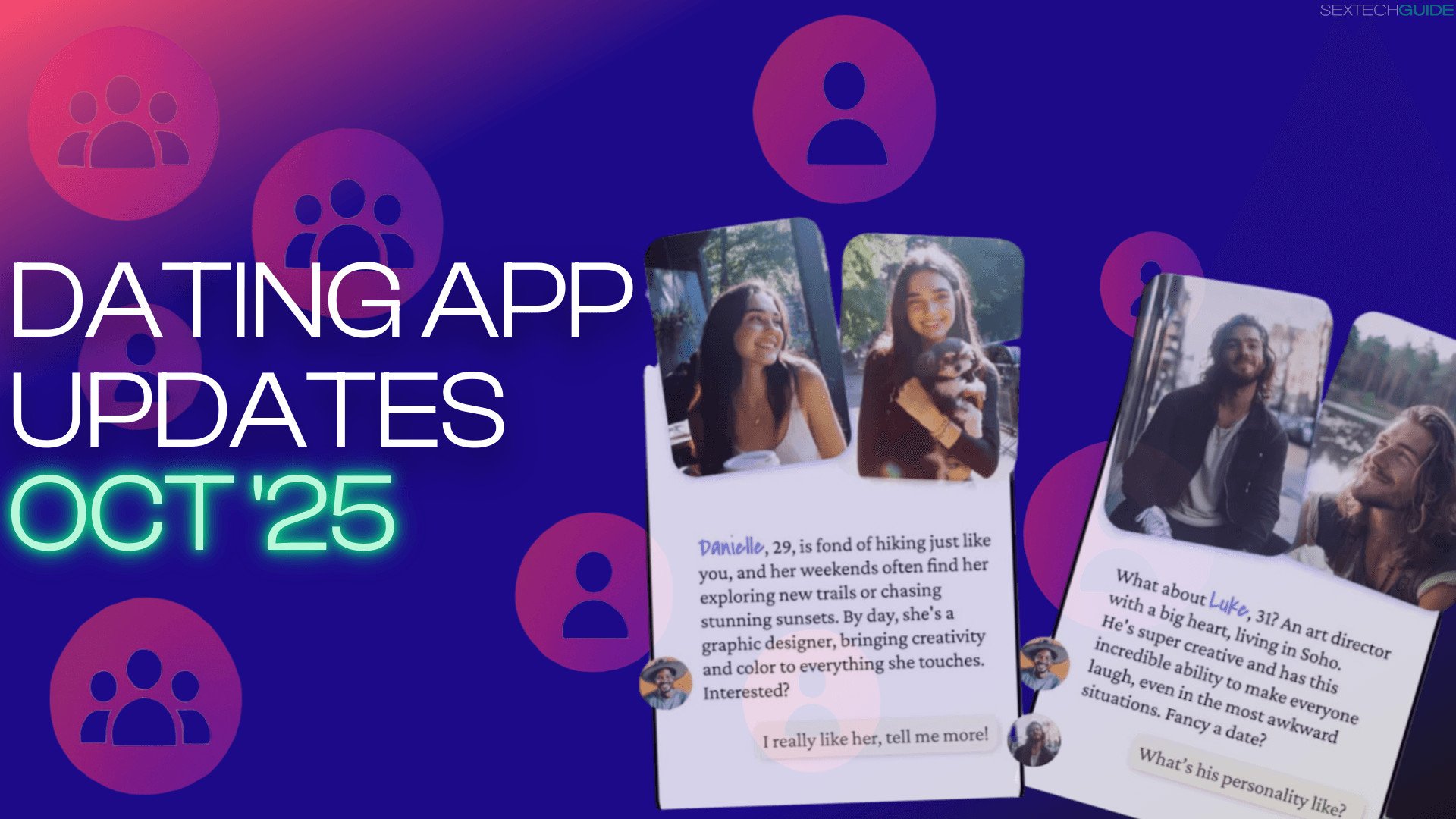




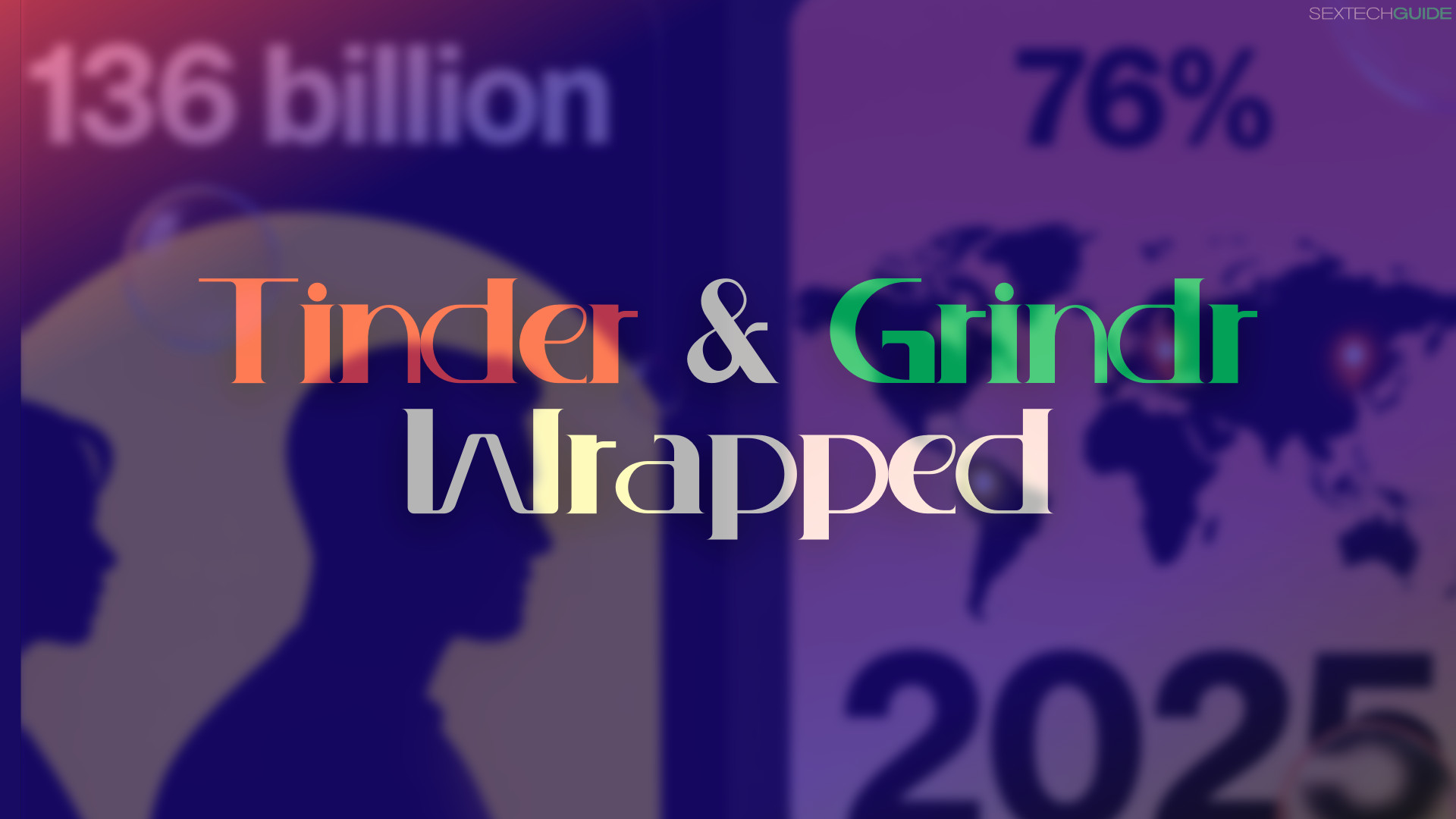





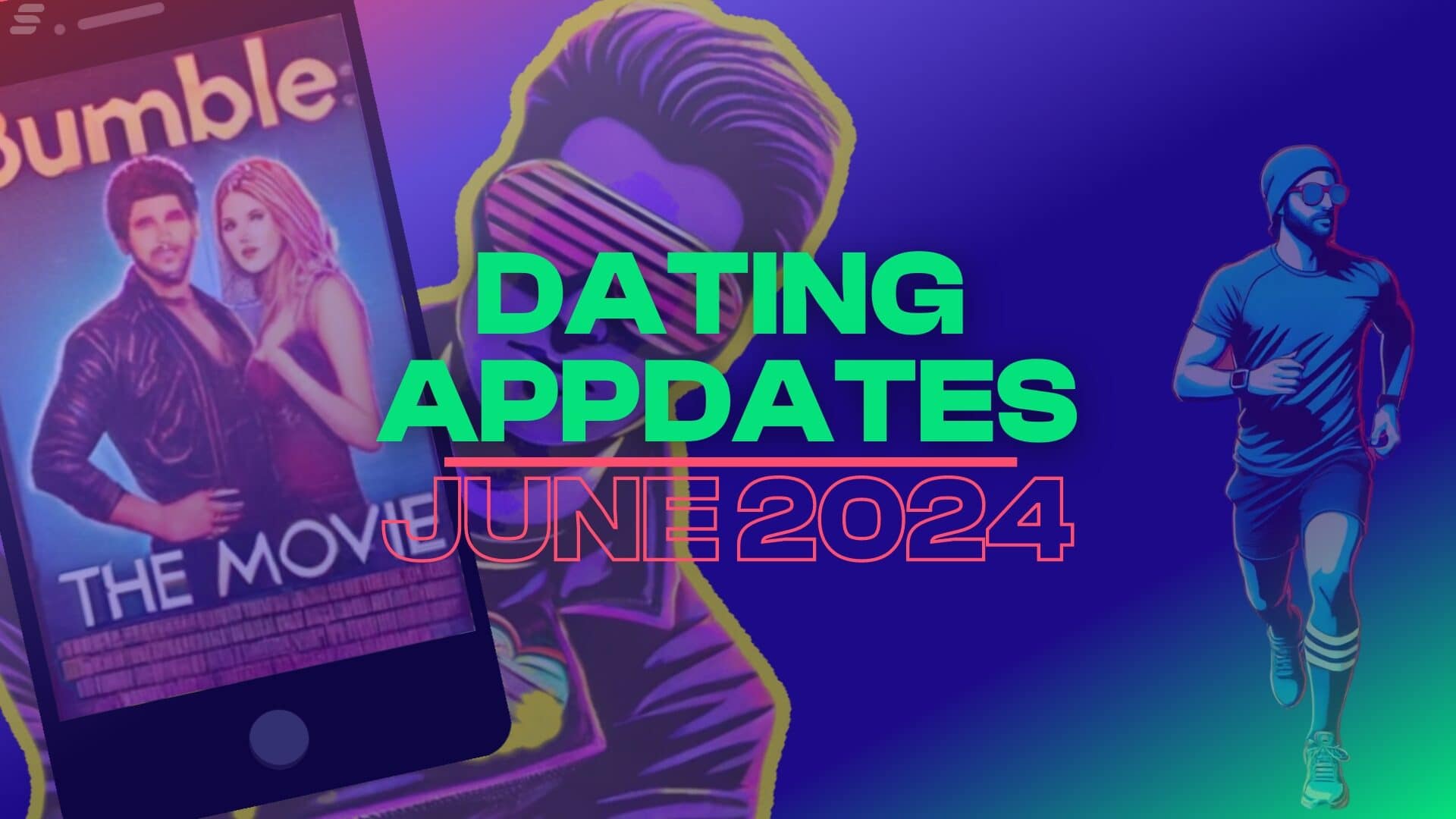

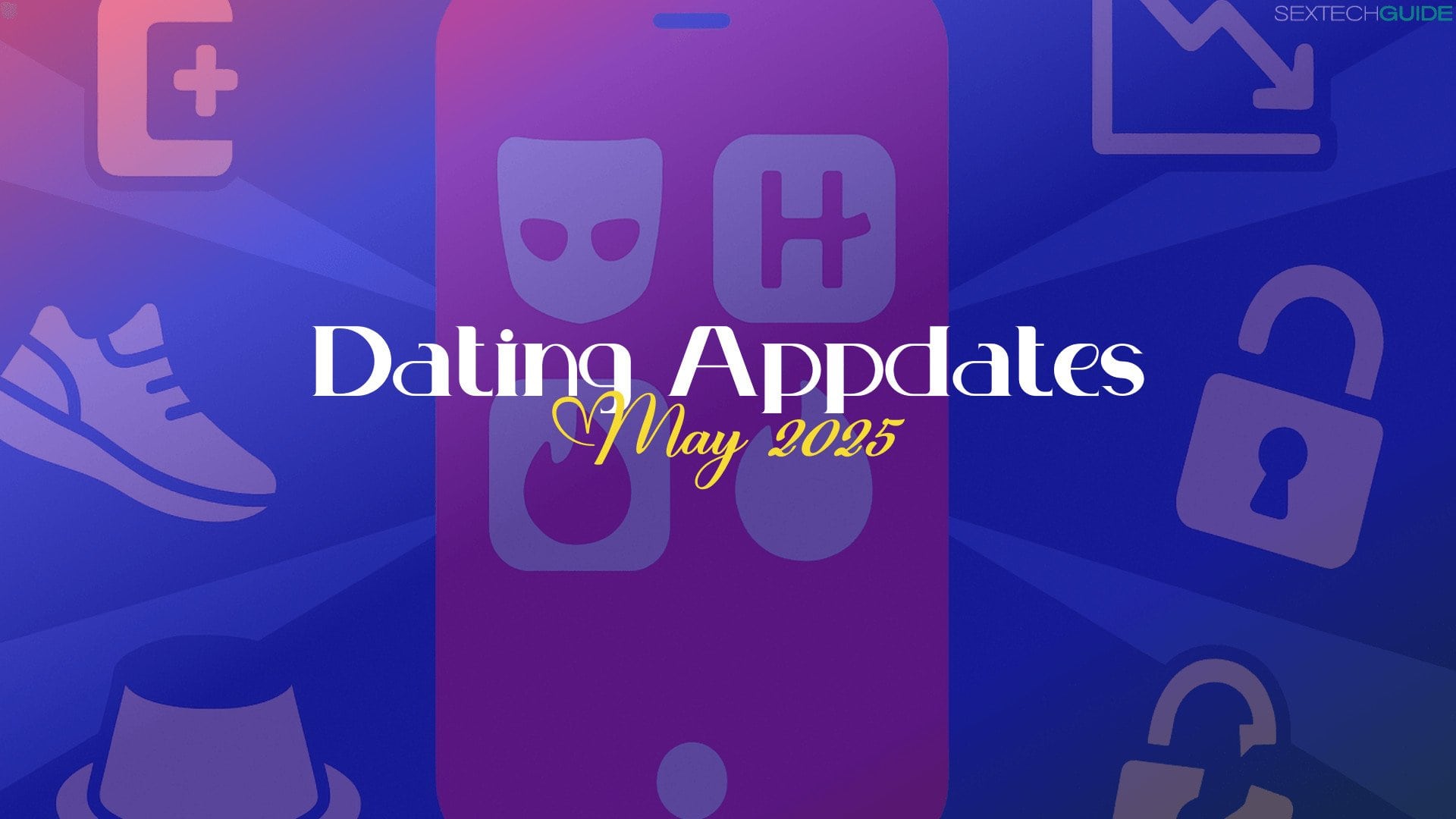



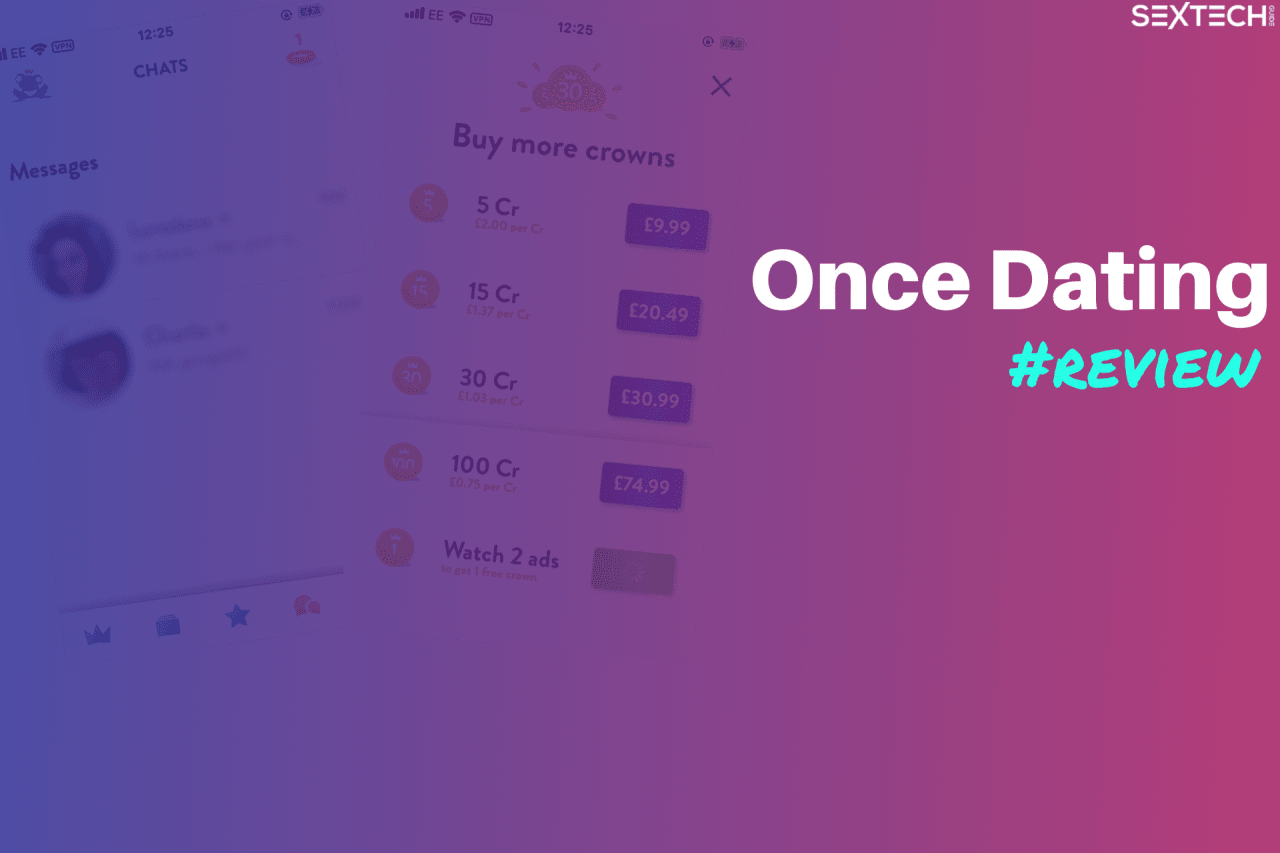








Leave a Reply